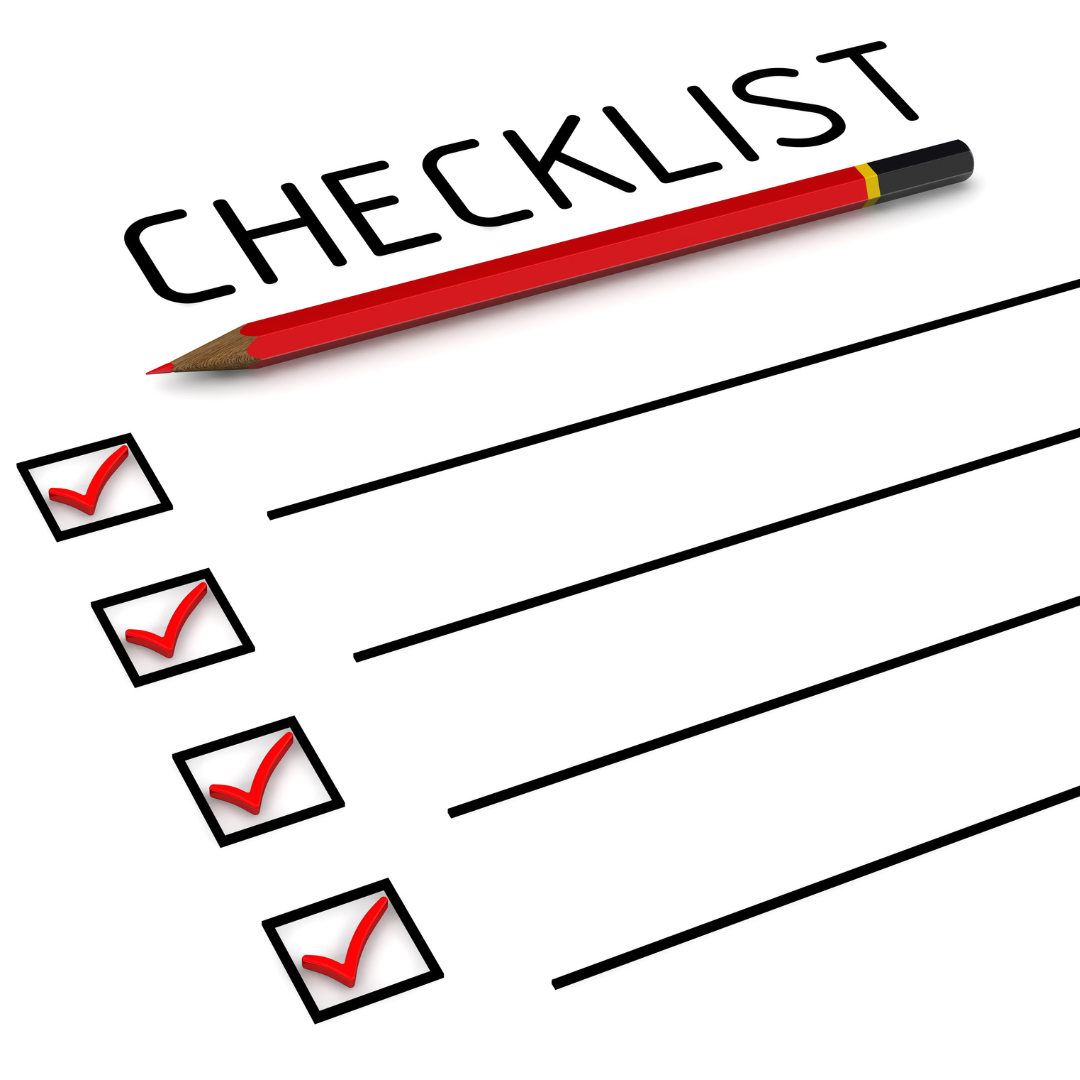
New parents go through a major transition, not just emotionally but also financially. It is a major life-altering experience; suddenly, you are not only responsible for yourself but also for another life as that depends entirely on you.
Financial gurus say raising a kid is sometimes more expensive than parents anticipate. A family faces many unforeseen challenges, both in the short and long term.
If you are expecting a child or just had one, you will want to consider the financial implications better sooner than later.
If you didn’t plan earlier, don’t despair. There’s time to catch up. Let’s explore some tips to help you start your financial journey as a new parent.
6 Financial Tips For New Parents
A newborn’s responsibility is simultaneously thrilling, enjoyable, exhausting, and demanding. But there is no denying the fact that a baby also brings about a significant shift in your finances, especially if it is your first.
Here are some tips on what to do if you’re planning to conceive, adopt, or just had a baby:
Create a Financial Checklist
The first financial tip for new parents would be preparing for the financial transition. Like with anything worthwhile in life, success in parenting and finances depends on preparation. “By failing to prepare, you are preparing to fail,” as the adage goes.

Start with a financial checklist. A financial checklist can become a step-by-step guide for balancing finances, expenses, spending, and revenue.
Depending on your circumstances and values, you need to list financial priorities and the goals for each. Examples could be retirement, college funds, life insurance, etc.
Pro tip: If you don’t have enough to add to all your jars, think strategically about what you should prioritize. For example, there are other ways to pay for college, like scholarships, grants, and student loans, but no other way to pay for your retirement plan.
Anticipate Expenses and Start Saving
With a newborn comes new expenses!
You may begin by running your cash flow analysis. Just list your monthly revenue sources and compare them to your monthly costs. Adjust your spending to reflect the extra expenses of having and raising a kid. Examples of major costs are formula milk, child care, newborn clothes, child-proofing your home, furnishings, and diapers. Other unexpected expenses associated with raising a child, like pre and post-natal medical expenses, could also surprise.

Understanding which “upfront costs” can temporarily impact your finances and which ongoing expenses will have a long-term impact on your budget is useful.
If you see that your salary isn’t enough, look for passive income sources. You might also establish spending restrictions and make an effort to adhere to them.
Set Up an Emergency Fund

An emergency fund is an amount of money set aside for use in times of adversity. The goal of an emergency fund is to provide a safety net that may be utilised to cover unforeseen costs like a medical emergency or significant home repairs.
Unemployment can be stressful, especially if your family is growing. Because of this, having an emergency fund that can pay for three to six months’ worth of living costs in the case of a layoff or change in job can be a huge mental relief.
An emergency fund, which should be set based on the new family budget, offers a comfortable buffer for a new parent. If your family depends on the income of a single family member, having an emergency fund is very crucial.
Consider Life Insurance
Dealing with a partner’s death is difficult, especially if you also have to adjust to being a single parent as you grieve; worrying about finances should be the last thing on your mind. A life insurance plan takes this off your plate.

Because life insurance is designed to replace a person’s lost income in the event of death, make sure to consider your household’s financial situation and expenditure when purchasing the plan.
A general guideline states that your benefit should equal seven to ten times your yearly pay.
Invest
Investing efficiently is extremely beneficial for the family and the children in the long run. Investing is a successful approach to building and growing wealth by putting your money to work. Your money may grow in value and exceed inflation if you make wise investment decisions.

Investing is a fantastic approach to creating passive income without working. It offers the possibility of dramatically increasing your income without leaving your home instead of taking on a second job or working longer hours. Imagine making money and utilising all that extra time to bond with your newborn.
Have a Will
Consider what would happen to your kids if you and your partner passed away before they reached adulthood. You need a will if you want to have a say.
You can designate a guardian for your children in a will, as well as someone to look after their financial affairs until they are of legal age. A court will choose a guardian for your kid if you don’t.
Advisors suggest that parents must update their wills as well. By taking this step, parents may ensure that their children receive their money and other assets in the case of their untimely death and that a dependable guardian looks after them.
Conclusion
Your personal circumstances or external factors are not always in control; however, you can always have a backup plan. The points mentioned above are a terrific way to create backup plans for various financial commitments that may impact you in the future. Building long-term financial planning and goals can help your family attain financial security, particularly during the years when your kid is most dependent on you.